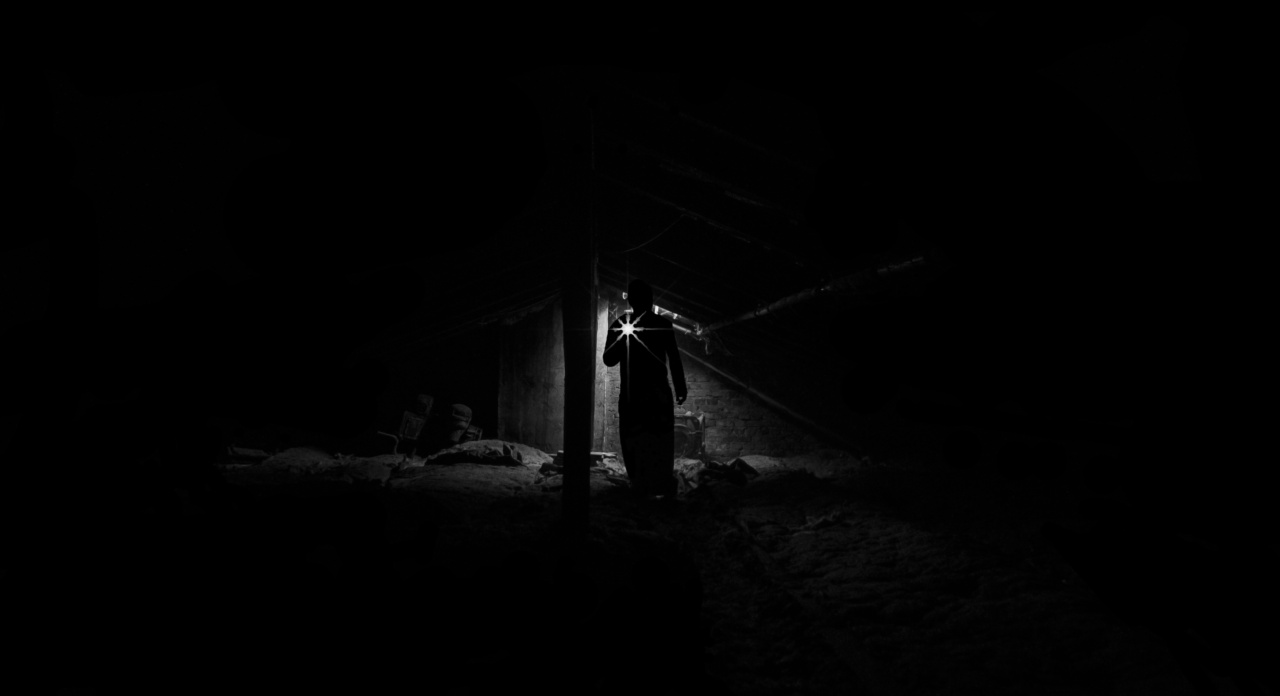Monks, who dedicate their lives to spirituality and contemplation, lead a highly disciplined and ascetic lifestyle.
However, even in their secluded environments, they are not immune to various diseases that can pose a threat to their health and well-being. In this article, we will explore some of the diseases that monks are susceptible to and discuss preventive measures they can take to protect themselves.
Influenza and Common Cold
Influenza and the common cold are highly contagious respiratory infections caused by viruses. Monks, often living in close quarters within their monastery, are at a higher risk of contracting these illnesses.
It is crucial for them to practice good hygiene, such as washing hands frequently, covering their mouths while coughing or sneezing, and avoiding close contact with infected individuals.
Gastrointestinal Infections
Gastrointestinal infections, including viral, bacterial, and parasitic infections, can spread easily, especially in communal living environments.
Monks should be cautious about food and water hygiene, ensuring it is cooked properly, stored correctly, and consumed within the recommended timeframe. They should also avoid consuming raw or undercooked food, particularly seafood and meat.
Respiratory Tract Infections
Respiratory tract infections, such as bronchitis and pneumonia, can affect monks, particularly those who are older or have weakened immune systems. These infections can spread through the air via respiratory droplets.
Monks should maintain a clean and well-ventilated environment, avoid exposure to smoke, and consider getting vaccinated against respiratory illnesses.
Tuberculosis
Tuberculosis (TB) is a bacterial infection that primarily affects the lungs but can also affect other parts of the body. It is a serious concern for monks, as it can be transmitted through respiratory droplets.
Monks should be proactive in identifying any symptoms of TB, such as persistent cough, weight loss, and night sweats, and seek medical attention promptly. It is also important for them to maintain good overall health to strengthen their immune systems.
Skin Infections
Monks, especially those who engage in manual labor or have prolonged periods of physical contact, may be prone to various skin infections, including fungal infections, impetigo, and cellulitis.
Adequate personal hygiene, regular bathing, and wearing clean and breathable clothing are essential in preventing these infections. Monks should also avoid sharing personal items, such as towels or razors, to minimize the risk of transmission.
Mental Health Disorders
Mental health disorders, such as depression, anxiety, and burnout, can affect anyone, including monks. The rigorous spiritual practices and self-discipline can take a toll on their mental well-being.
Monks should prioritize self-care, engage in stress-reducing activities like meditation and mindfulness, and seek support from their spiritual leaders or mental health professionals when needed.
Cardiovascular Diseases
Monks, like anyone else, may be at risk of cardiovascular diseases such as hypertension, coronary artery disease, and stroke.
Engaging in regular physical activity, maintaining a balanced diet, and avoiding tobacco use are crucial for preventing these conditions. Monks should also monitor their blood pressure and cholesterol levels regularly to detect any abnormalities and seek appropriate medical attention.
Sexually Transmitted Infections
Though celibacy is often an integral part of monastic life, it is important for monks to be aware of sexually transmitted infections (STIs). In some cases, the risk of STI transmission may arise due to past experiences or within the broader community.
Monks should prioritize safe and informed sexual practices if they were sexually active before embracing monasticism or if they are involved in outreach programs that address these issues.
Occupational Hazards
Monastic life spans various fields of occupation within the community, including agriculture, craftsmanship, and healthcare.
These occupations may expose monks to occupational hazards such as injuries, exposure to harmful substances, and ergonomic strains. It is important for monks to receive appropriate training, wear protective gear, and maintain a safe working environment to prevent work-related accidents or illnesses.
Age-Related Illnesses
As monks age, they may become more susceptible to age-related illnesses such as osteoporosis, arthritis, and cognitive decline.
Regular medical check-ups, a nutrient-rich diet, and appropriate physical exercise can help mitigate the risks associated with aging. Monks should also engage in activities that promote mental agility to maintain cognitive health.
Conclusion
Monks, despite their dedication to the spiritual path, are not exempt from the various threats that can affect their health and well-being.
By adopting preventive measures, maintaining good hygiene, and making conscious lifestyle choices, monks can minimize the risks associated with these diseases. Additionally, seeking appropriate medical care and guidance when needed ensures the overall health and longevity of their monastic journey.


























